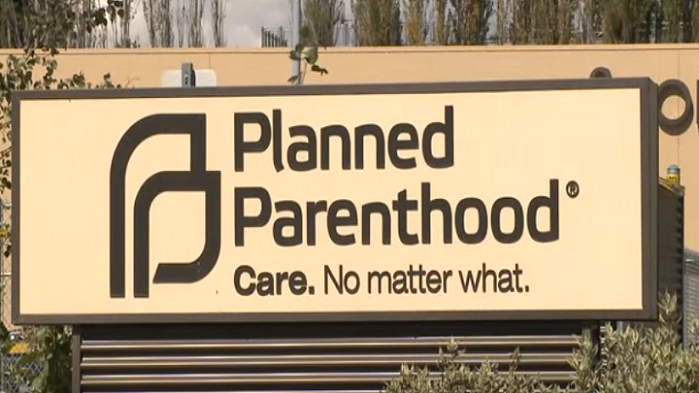Tennessee is on its way to becoming the next state to prohibit the sale of aborted babies’ body parts. On Thursday, the state House overwhelmingly approved the ban in a 79-9 vote.
Tennessee House Bill 2577 prohibits reimbursement for the transfer, preservation or other handling of fetal body parts following a surgical abortion. Violators could face felony charges, according to the Associated Press. The bill also strengthens reporting requirements to include documentation of the method for disposal of remains and authorization from a woman or girl considering an abortion about the method of disposal.
Gov. Bill Haslam proposed the measure earlier this year in response to the undercover videos showing top Planned Parenthood officials discussing the sale of aborted babies’ body parts.
Tennessee Right to Life applauded the move, saying it will ensure that there are no monetary exchanges for aborted babies’ body parts in the state.
“Pro-life Tennesseans are grateful to the Legislature and to the Governor for bringing about this common sense reform to prevent the trafficking of remains of unborn children killed by abortion in our state,” said Cathy Waterbury, legislative liaison for Tennessee Right to Life.
Click here to sign up for pro-life news alerts from LifeNews.com
The bill returns to the state Senate for a final vote on a minor change, the AP reports.
Since the Center for Medical Progress began releasing its shocking undercover videos, dozens of states have moved to ban the sale or use of aborted babies body parts for research, regulate abortion clinics and stop tax dollars from going to abortion groups like Planned Parenthood.
A 1989 Tennessee law already bans the sale of aborted babies’ body parts, but the new measure would strengthen the legislation to ensure that abortion facilities are not profiting in any way from aborted babies’ body parts.
The federal law that technically prohibits the sale of aborted babies’ body parts was written by a pro-abortion Congressman decades ago and essentially spells out a process by which sellers of aborted baby body parts can meet certain criteria that allows the sales to be legal. That’s why a Colorado congressman has introduced legislation to totally ban the sales of aborted baby body parts.
Only recently have Tennessee lawmakers been able to introduce new measures to protect life and restrict abortion. In 2000, the Tennessee Supreme Court handed down a devastating case that said the state constitution allowed unlimited abortions. The ruling prohibited common-sense measures like informed consent, waiting periods and legislation to prevent coerced abortion from passing through the Tennessee legislature.
However, on Nov. 4, 2014, Tennessee voters approved Amendment 1, which returns authority for abortion regulation to the people of Tennessee and their state legislators.








